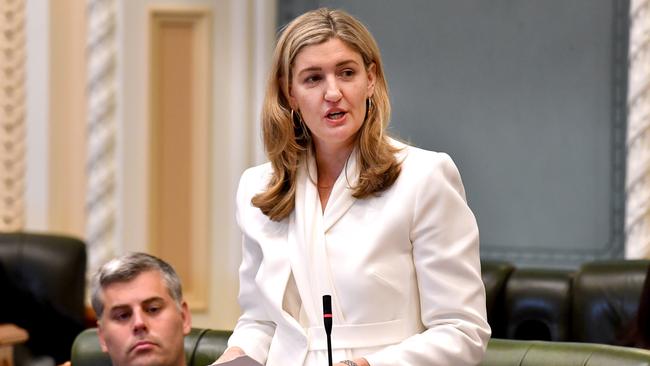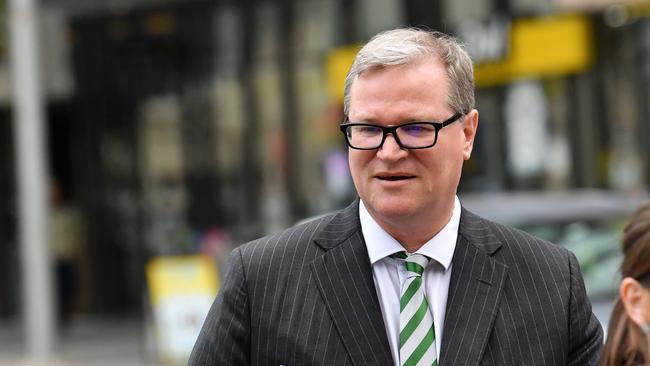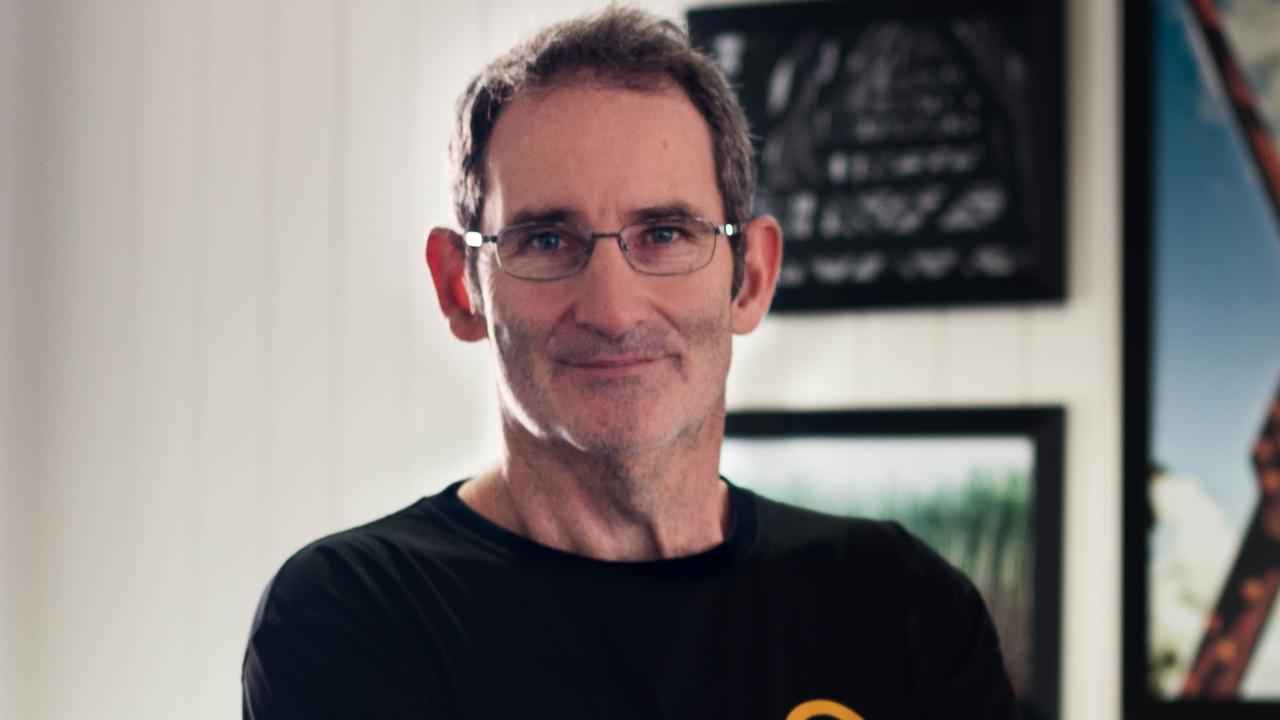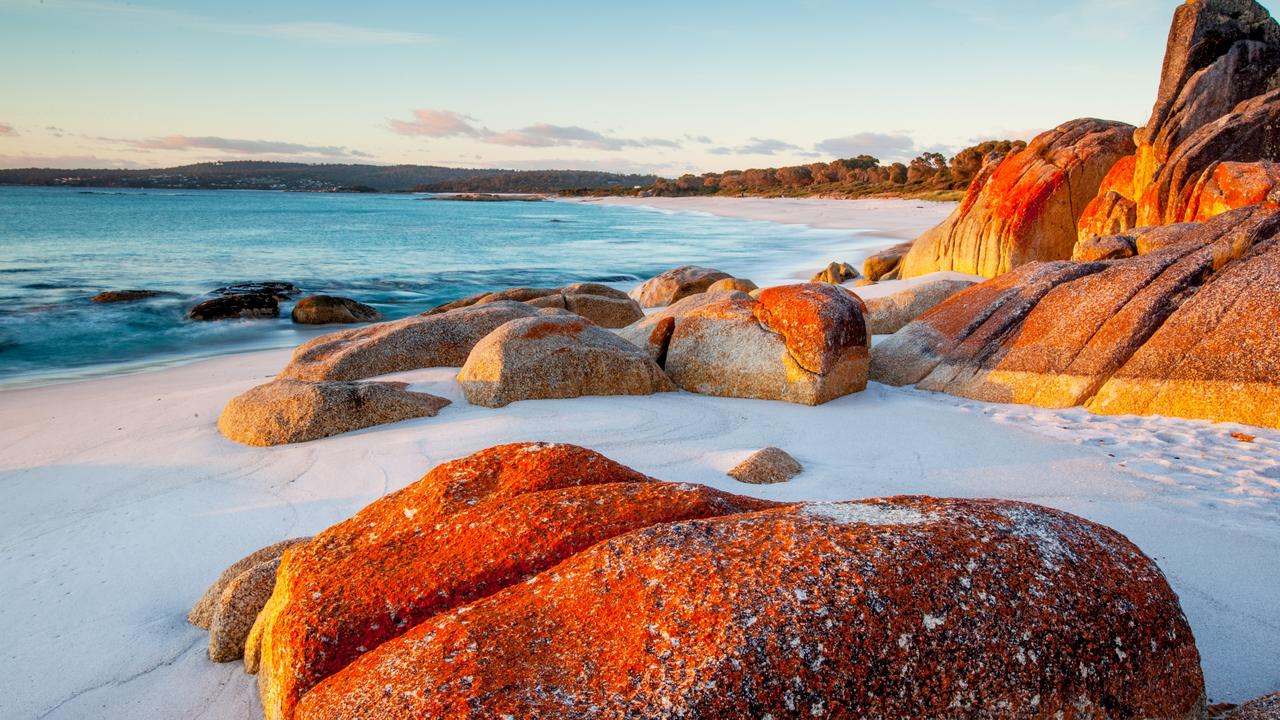Shield laws for journalists backed by Bar Association of Queensland
Journalists would be protected from revealing the identities of their confidential whistleblower sources in a plan backed by the Bar Association of Queensland.

Business
Don't miss out on the headlines from Business. Followed categories will be added to My News.
Journalists would be protected from revealing the identities of their confidential whistleblower sources in coercive corruption watchdog investigations, in a plan backed by the Bar Association of Queensland.
Queensland is the only Australian jurisdiction without “shield laws”, which give journalists legal professional privilege from revealing their sources in court.
A parliamentary committee is reviewing draft laws, introduced to state parliament last year by Attorney-General Shannon Fentiman, which will be debated and voted on this year.
The legislation protects journalists from revealing sources under the threat of a jail sentence, but does not extend the privilege to secretive coercive hearings held by the Crime and Corruption Commission.
In a submission to the parliamentary inquiry, the Bar Association of Queensland, which represents the state’s 1300 barristers, backed greater protections for journalists.
“The association notes with interest that these laws are not applicable in a proceeding brought under the Crime and Corruption Act 2001; where, for instance, an investigation into alleged corruption may stem from a whistleblower,” president Tom Sullivan QC wrote. “While the association appreciates there are significant public interest considerations in respect of this, it considers the same shield laws should apply in matters before the Crime and Corruption Commission.”
Ms Fentiman has said the government would consider extending the shield to CCC hearings this year, but it may be too late for a Brisbane television journalist at risk of prison time.
The journalist, who can be identified only as “witness F”, has been fighting the watchdog in court for more than a year for the right to protect his source, who tipped him off about a murder arrest in 2018.

In November, the Queensland Court of Appeal upheld a previous decision by the Supreme Court judge which found public interest immunity did not extend to protect a journalist’s confidential sources.
The journalist could now be hauled back before the CCC and threatened with a $26,690 fine or five years in prison if he continues to refuse to answer questions.
In a separate submission to the inquiry, a coalition of media organisations including News Corp, the ABC, Nine and others, said the witness F case demonstrated “how badly needed the privilege is both generally and specifically in relation to the CCC”.
“If the shield does not apply to that body, journalists continue to risk being fined or jailed simply for doing their jobs,” News Corp’s head of policy and government affairs, Georgia-Kate Schubert, wrote on behalf of the Australia’s Right to Know coalition.
Ms Schubert said of Australia’s nine jurisdictions, three allowed the privilege to be used in bodies equivalent to Queensland’s CCC, three do not and three provide no guidance.
“With such an even division outside Queensland we would urge the committee to reconsider this issue and let the privilege do its work in relation to the CCC.”
In its submission, the Queensland Council of Civil Liberties also backed protections for journalists being summoned by the CCC.
The parliament’s Legal Affairs and Safety Committee will hold a public hearing on the legislation next week before making recommendations to the government on February 11.
Queensland’s Liberal National Party leader David Crisafulli is considering moving amendments to extend the protections to CCC hearings, but will read the committee’s report first.
More Coverage
Originally published as Shield laws for journalists backed by Bar Association of Queensland




